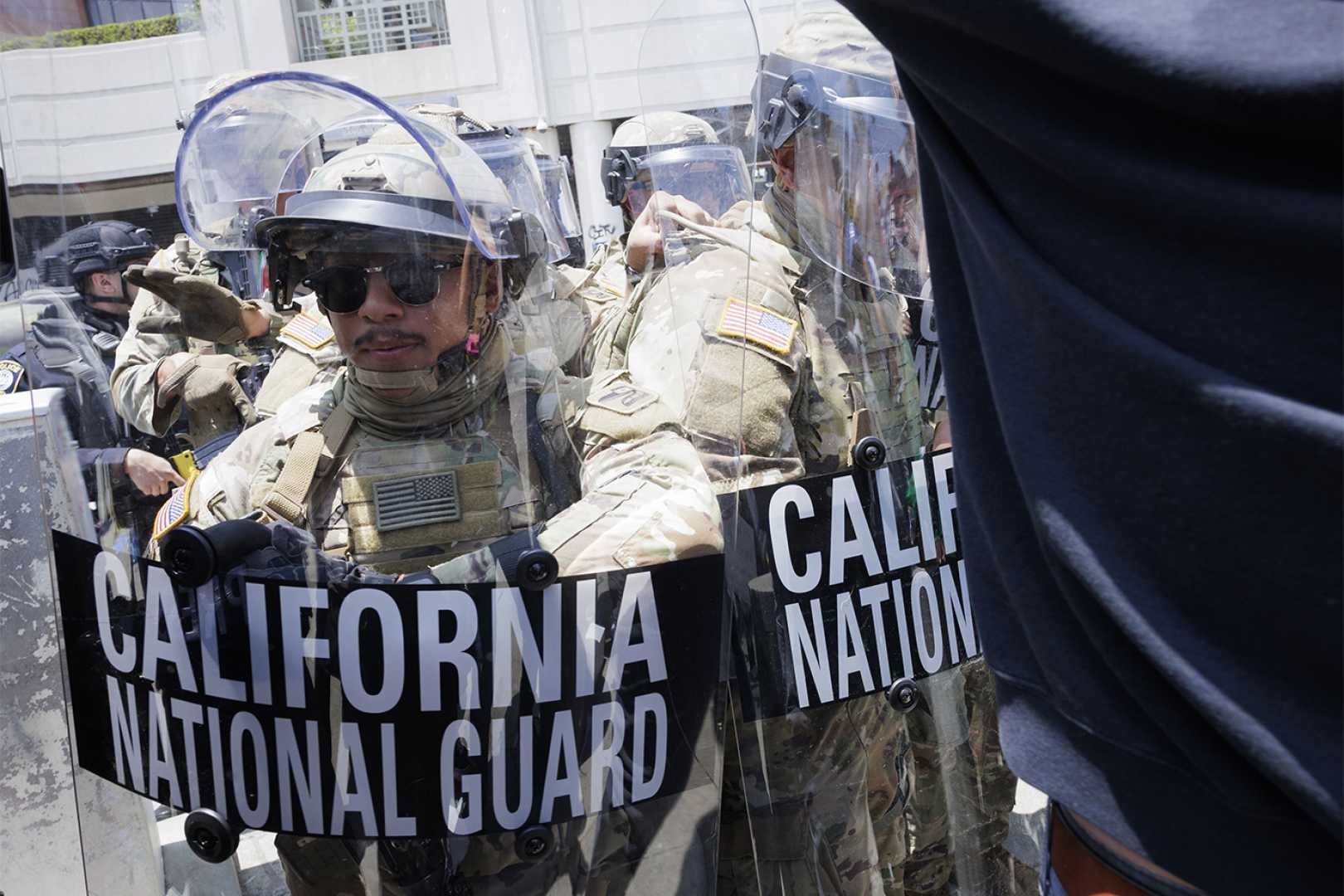Politics
Judge Rules Against Trump’s Use of National Guard in California

LOS ANGELES, California — A federal judge ruled Tuesday that President Donald Trump and Defense Secretary Pete Hegseth violated federal law by deploying National Guard troops to assist in law enforcement activities in Los Angeles earlier this summer.
U.S. District Judge Charles Breyer made the ruling after a multi-day trial, finding that Trump’s use of thousands of federalized California National Guard members and U.S. Marines during a crackdown on immigration was against the Posse Comitatus Act. This 19th-century law typically prevents military involvement in domestic law enforcement.
Breyer stated that the deployment, which took place in June, was intended to protect federal agents amid protests against immigration enforcement. He noted, “The evidence at trial established that defendants systematically used armed soldiers … to set up protective perimeters and traffic blockades, engage in crowd control, and demonstrate a military presence in and around Los Angeles.”
The ruling prevents Trump and Hegseth from employing troops in California for actions such as arrests, searches, or crowd control, effective until September 12 to allow for an appeal from the Trump administration.
Trump’s administration argued that the deployment was legal, citing a protective power they claim allows the use of military forces to safeguard federal responsibilities. Breyer, however, expressed concern over potential overreach in military authority during the trial.
The decision arose from a lawsuit filed by California Governor Gavin Newsom, who contends that the military deployment violated longstanding laws concerning domestic enforcement. Following extensive legal debates, the judge concluded that the military’s involvement in law enforcement operations exceeded constitutional limits.
As of now, Trump has not withdrawn the remaining National Guard forces in Los Angeles, where about 5,000 troops were sent to reinforce federal agents, amidst ongoing legal challenges over the nature of military engagement in civilian matters.
The situation continues to develop as legal experts and lawmakers analyze the implications of this ruling on presidential powers and military involvement in domestic issues.












